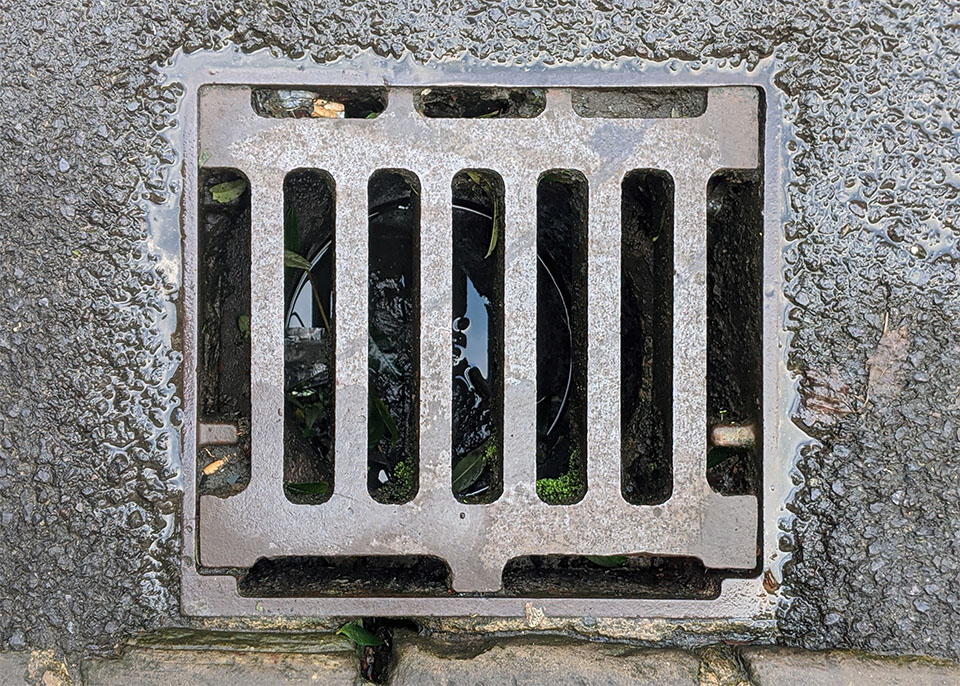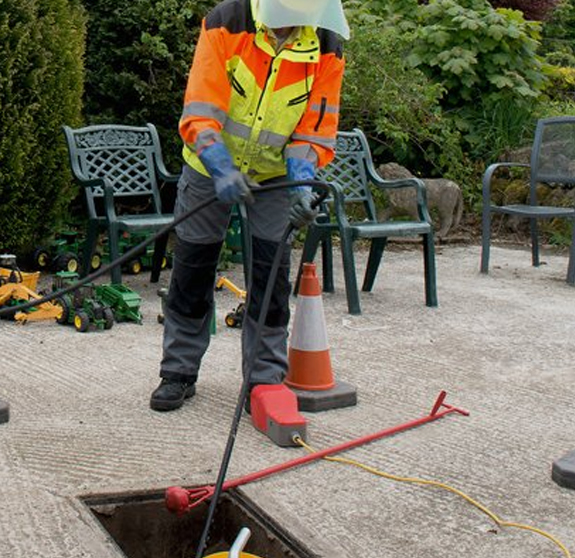Ways to Address a Blocked Drain Before Reaching out to Expert Help
Ways to Address a Blocked Drain Before Reaching out to Expert Help
Blog Article
They are making a number of great pointers about How to handle a clogged drain in your home in general in this post down below.

Introduction
Handling an obstructed drainpipe can be an irritating experience, interrupting everyday activities and potentially causing damage to your home. Nonetheless, prior to reaching out to plumbing specialists, there are steps you can take to attend to the concern on your own. In this guide, we'll discover do it yourself solutions and preventive measures to tackle an obstructed drainpipe successfully.
Identifying the Problem
The initial step in addressing a blocked drain is identifying the signs. Slow-moving drain, gurgling sounds, foul odors originating from drains, or water support up prevail signs of an obstructed drainpipe. Determining these indicators early can aid avoid better difficulties.
Common Reasons For Blocked Drains
Understanding the factors that add to drain pipes clogs is essential for efficient resolution. Typical wrongdoers include hair, soap scum, grease, food particles, and international objects like hygienic items or paper towels. Tree roots getting into below ground pipes can likewise create significant clogs.
Do it yourself Solutions
For small obstructions, a number of do it yourself services can be efficient. Putting boiling thin down the drain can aid liquify oil and debris. Sodium bicarbonate and vinegar or a mixture of salt and baking soda can function as natural cleansers. Using a plunger or plumbing serpent to displace blockages is another choice.
Tools and Equipment
Having the right devices handy can make DIY drainpipe cleansing much more effective. A plunger is a functional device for removing obstructions in sinks, bathrooms, and showers. A plumbing serpent or auger can reach much deeper clogs, while drain cleaning chemicals can be used very carefully for stubborn obstructions.
Safety nets
To stay clear of future clogs, embracing safety nets is crucial. Mount drain guards or strainers to catch hair and debris prior to they enter the pipes. Frequently flush drains pipes with hot water to liquify grease accumulation, and stay clear of throwing away oil or strong waste down the tubes.
When to Call an Expert
While do it yourself services can settle small clogs, specific signs indicate the requirement for professional support. Consistent clogs, foul odors in spite of cleaning up initiatives, or multiple drains pipes supporting simultaneously are red flags that require experienced intervention.
Choosing the Right Pipes Service
When selecting a plumbing solution, consider aspects such as experience, licensing, and consumer reviews. Pick a reliable plumbing with a track record of top quality handiwork and clear rates methods.
Expense Factors to consider
The expense of professional drain cleaning services can vary depending upon the seriousness of the clog and the plumbing professional's rates. Demand quotes from several providers and ask about any kind of added fees to make certain transparency and prevent surprises.
Safety Precautions
When trying DIY drainpipe cleansing, prioritize security. Wear safety handwear covers and glasses to avoid contact with unsafe chemicals or microorganisms. Never ever blend various drain cleansing products, as this can create hazardous fumes.
Instance Researches
Real-life examples illustrate the effectiveness of do it yourself solutions and the importance of prompt specialist treatment in fixing drainpipe clogs.
Final thought
By following the pointers detailed in this guide, you can effectively deal with obstructed drains and protect against future plumbing problems. Whether choosing do it yourself options or seeking specialist assistance, prompt activity is key to keeping a healthy and balanced plumbing system and preserving the integrity of your home.
10 TIPS TO CLEAR ANY BLOCKED DRAIN
SIGNS OF A BLOCKED DRAIN
Blocked drains can be a source of property damage and health problems for people and pets. The early warning signs of a blocked drain are:
Overflowing
You’re probably quite used to everything flowing down your drain. As a result, it’s quite alarming seeing water spill back up. If your drain is overflowing, that means you’re facing a blockage.
Gurgling sounds
Gurgling sounds indicate that the water is pooling and pushing against the pipe. If you experience this, it’s often the case that a blockage is a problem.
Slow draining
When emptying your sink or taking a shower, you might notice that the water pools for longer than expected. Usually, the problem worsens rather than getting better by itself, which suggests that the blockage is growing larger.
CAUSES OF A BLOCKED DRAIN
Although most people use their drains appropriately, it’s quite easy to make mistakes. Occasionally, everyday use results in blocked drains too. Common causes include:
Tree roots
Tree roots won’t be the cause of local drain blockages, but they can disrupt your main sewage system. The root keeps growing until it breaches the pipe and causes a blockage.
Toiletries
Although toiletries are essential, some can cause drain blockages. For example, nappies, baby wipes and sanitary products should not be flushed down the toilet.
Foreign objects
When you have kids, there’s always a risk they’ll flush something unusual down the toilet. Toys and other foreign objects become lodged in the u-bend, resulting in a blockage.
Mineral Buildup
When minerals such as calcium build up in your pipes, this causes constriction. Although this may not cause a blockage on its own, it does make it easier for other types of blockages to form.
Soap
Although liquid soap may not cause drain blockages, solid soap bars can get lodged within pipes until they eventually break down. One way to stop this from happening is to use a mesh wire guard to cover plug holes.
Natural Debris
Natural debris can fall into your outdoor drains, especially when you don’t use gutter guards. This usually means leaves and twigs, although it can include dirt and grit too.
HOW TO CLEAR A BLOCKED DRAIN
Boiling water
Boiling water is useful for tackling blocked drains caused by grease, conditioner, and some other kinds of toiletries. This is because these substances have a low melting point, and the extreme heat helps to break them up. Boil a kettle with water and pour it down the drain to shift the blockage.
Natural cleaners
You can use some natural cleaners to create a fizzing effect that breaks drain blockages apart. Try pouring hot water down the drain, then follow it with one cup of bicarbonate of soda and a cup of vinegar. Leave it for ten minutes, then chase it with more hot water. A combination of the hot water and the natural cleaner mixture can break blockages up.
Caustic cleaners
Some stores sell caustic cleaners that take stronger action against drain blockages. It dissolves grease, fat, and oils, making it ideal for tougher blockages. Always follow the instructions on the packaging and ventilate the room before starting.
Plungers
As a simple yet effective tool, plungers can help to dislodge local blockages. They work by forming a seal around the plug hole, followed by a vacuum effect that removes the blockage.
DIY drain snake
You can make a DIY drain snake out of any thin metal wire, such as a coat hanger. Leave a hook at the end of the snake and insert it into the plughole. Try using it to fish out local blockages made of hair. This approach is most effective in showers.
https://preciseservices.com.au/10-tips-to-clear-any-blocked-drain/

I discovered that blog entry on 8 Tips For Clearing A Blocked Drain when doing a search on the search engines. Do you know someone else who is serious about the niche? Take a moment to share it. Thanks a bunch for your time. Revisit us soon.
Free Quote Report this page